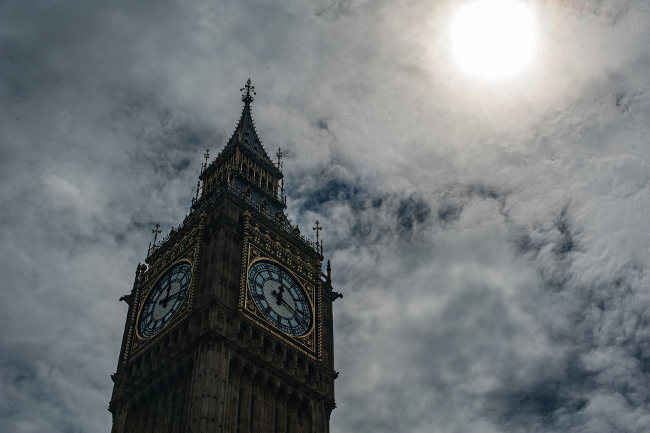SLAPPs being used to silence UK critics of Russia and China

So-called SLAPPs are being used in the UK to silence and intimidate people who expose or criticise the actions of authoritarian regimes including Russia and China, MPs have said.
A new report published by Westminster’s joint committee on human rights has called for stronger action to stop the growth of “transnational repression”.
It says there is credible evidence that Bahrain, China, Egypt, Eritrea, India, Iran, Pakistan, Russia, Rwanda, Saudi Arabia, Turkey and the United Arab Emirates (UAE) have each conducted acts of transnational repression on UK soil.
As well as new legislation on SLAPPs, the report urges the government to put pressure on Interpol to reform the “red notice” system, which it says is being systematically exploited to pursue political opponents, human rights defenders and journalists beyond national borders.
Interpol red notices are issued without the knowledge of those targeted, leaving those targeted uncertain of if they can travel without risk of detention.
The UK should consider introducing a formal mechanism for notifying individuals where there is strong evidence of a red notice being politically motivated, the report says.
The report also calls for improved police training to deal with incidents of transnational repression and a dedicated reporting line to provide support and triage cases to law enforcement.
Lord David Alton, chair of the joint committee on human rights, said: “The UK should be a place of sanctuary and safety, however we are concerned that there is a growth of foreign repression on UK soil that is going unchecked.
“This risks undermining the UK’s ability to protect the human rights of its citizens and those who have sought safety within its borders.
“We have seen prominent cases of Hong Kongers with bounties placed on their heads, Iran intimidating journalists, but evidence submitted to the inquiry suggest this may be the tip of the iceberg.
“We want to see a two-pronged approach from the government. More needs to be done to give support and protection to the individuals and communities most at risk of transnational repression.
“We also want to see transnational repression prioritised in diplomatic relations and leadership at an international level to tackle the misuse and exploitation of systems of justice to silence and intimidate.”









